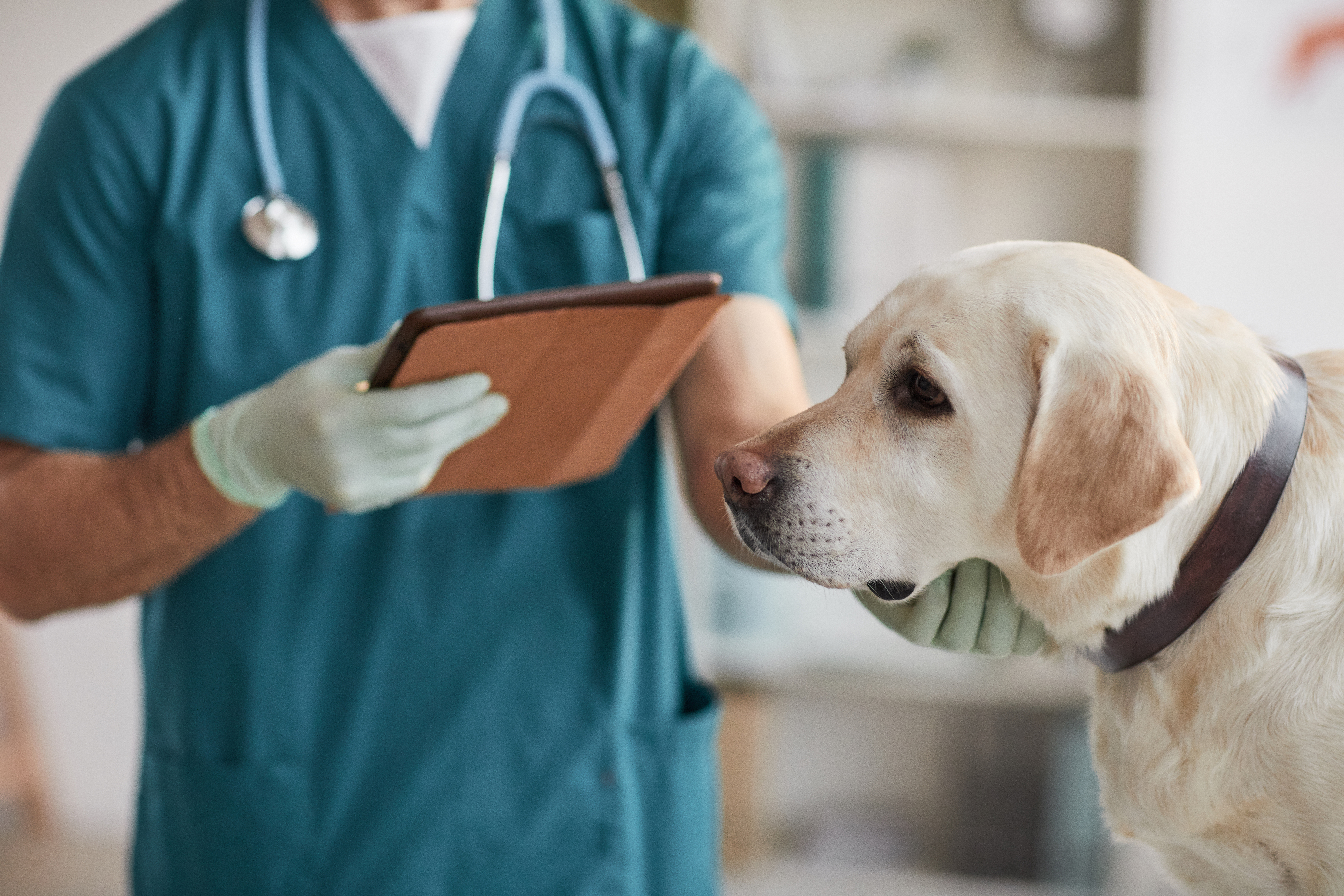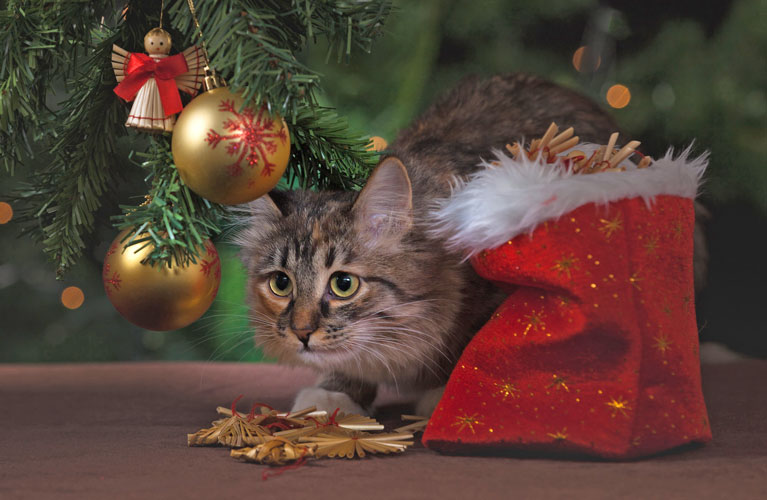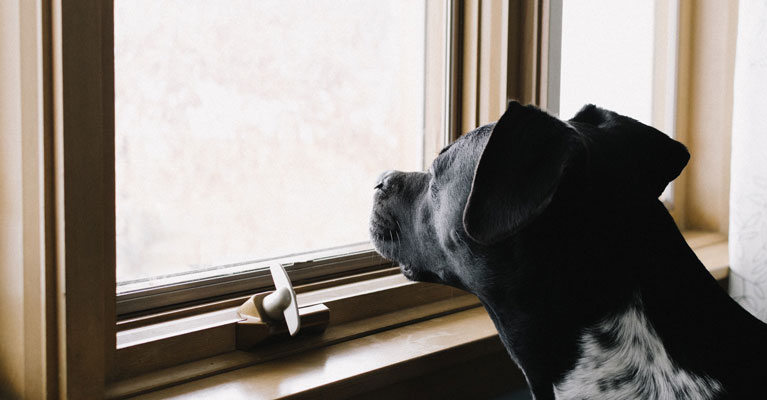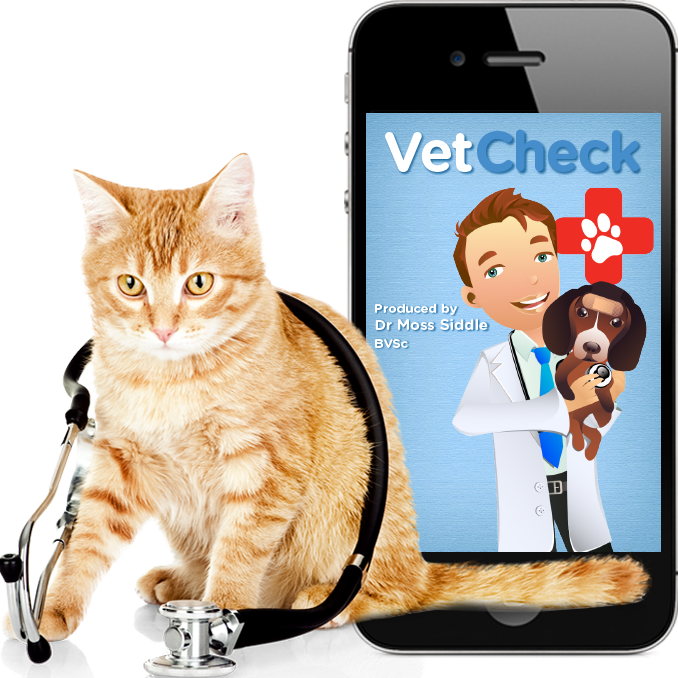Articles
Subscribe to our Monthly newsletter and get our latest articles and special offers delivered straight to your inbox.
Subscribe
The Importance of Rabbit Vaccination
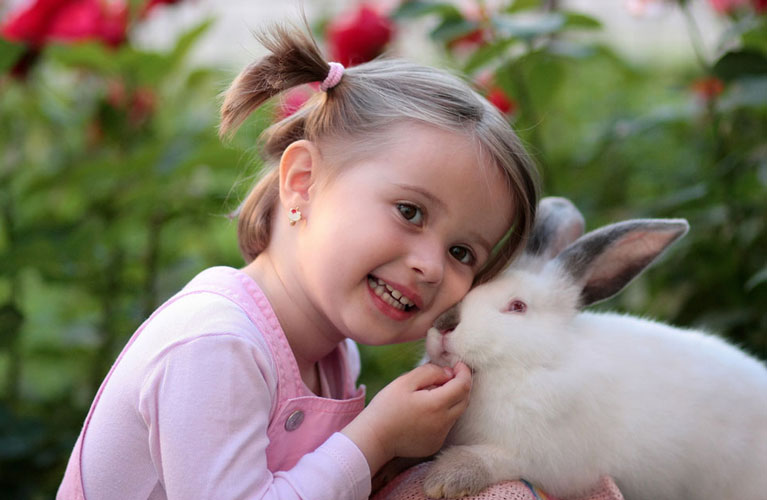
There are two main infectious viral diseases of concern to pet rabbits in Australia: myxomatosis and calicivirus. Both of these diseases have been used in attempts to control the wild population of rabbits in Australia, but sadly, our pet rabbits are not immune, and tend to contract the disease more easily than their wild counterparts. The viruses are spread both by contact with other rabbits, and via insects, called vectors; this is most commonly biting insects like mosquitos, though flies and other insects can also transfer viral particles. Humans cannot contract the virus, but if they are in contact with infected rabbits, they can carry around virus on their hands, clothes, shoes, grooming equipment, etc. and spread the virus to susceptible rabbits. These viruses are highly infectious!
Myxomatosis causes very characteristic signs in infected rabbits. They develop swollen eyelids, lips, ears and genitals, potentially with lesions on their skin. Eventually, secondary infection develops and the rabbit succumbs to the disease. The disease process causes significant suffering, and is fatal in nearly all cases, with attempting treatment and protracting suffering raising its own welfare concerns. Currently, there is no available myxomatosis vaccine available for pet rabbits in Australia.
The available rabbit vaccination, Cylap, provides very strong protection against the traditional strain of calicivirus (otherwise known as RHDV, or rabbit haemorrhagic disease virus) which was released in Australia (the Czech strain). The traditional calicivirus generally causes very rapid death via liver failure in infected rabbits, with minimal signs beforehand. Anecdotally, Cylap also appears to provide excellent protection against the more recently released K5 (Korean) variant of calicivirus, which started to be released to control the wild rabbit population in 2017.
A new variation of calicivirus, thought to have mutated in the wild, dubbed RHDV2, came to the attention of veterinarians in Australia in 2015 – 2016. While it may act like the traditional variants, resulting in rapid death, RHDV2 often causes more sinister disease; rabbits may appear unwell in a variety of ways, such as being lethargic, inappetant or having breathing problems. The virus attacks the liver and this may be detected on a blood test. It is though that RHDV2 may also infect some rabbits without causing disease, allowing them to act as carriers and spread the virus to other rabbits. Rabbits may survive infection with RHDV2 with appropriate supportive care, though the prognosis is still guarded. Cylap vaccination does not provide full protection against RHDV2.
There are no tests for myxomatosis or any variant of calicivirus in living rabbits; diagnosis is via association with clinical signs, but cannot be proven. There are tests that can be performed via autopsy on rabbits that pass away.
Based on the information and small studies available, the Unusual Pet and Avian Veterinarians group of the Australian Veterinary Association is currently recommending the following Cylap vaccination protocol:Juvenile rabbits: Vaccinate at 4, 8 and 12 weeks of age, then six monthlyAdult rabbits with lapsed or unknown vaccination history: Vaccinate with a booster in one month, then six monthlyRabbits who are up to date with vaccinations: six monthly vaccinationsRabbits with chronic health problems: vaccinate every 6 – 12 months, pending discussion with your veterinarian about the risks and benefits
Currently, based on the limited information at hand, six monthly vaccination is thought to provide better immunity against RHDV2 than 12 monthly, though the vaccine should still not be considered completely effective against this variant. Six monthly veterinary health checks are advised for all rabbits, regardless of vaccination schedule; they have a tendency to mask disease compared to dogs and cats, so six monthly checks are better than annual checks to detect any early health problems.
Rabbits are a bit more prone than dogs and cats to developing a reaction following vaccination; this is usually a local reaction at the injection site (redness, scabbing, swelling), but they may also develop a mild fever or lethargy as their body reacts to the vaccination. Very rarely, they may also become sore in a front leg. These signs are generally mild and self-limiting, though some rabbits who are affected may require anti-inflammatories and supportive care to make them feel comfortable, just like after a human is vaccinated. The benefits of vaccination far outweigh the risk!
As there is not strong vaccine protection against RHDV2, and no current vaccination protection available against myxomatosis, it is also important to take further steps in addition to vaccination in caring for your rabbits to reduce the risk of exposure to infectious viral diseases:
- practice good hygiene; ensure you clean your hands before and after interacting with your pet rabbits, and if you have been around wild or other pet rabbits, a full shower and change of clothes is advisable prior to interacting with your own pets
- use good hygiene and clean regularly using a safe, veterinary-grade disinfectant such as F10
- do not share rabbit toys, grooming tools, etc. between households
- ensure your pet rabbits cannot come into contact with wild rabbits or their droppings
- ensure any outdoor areas for your rabbits are as insect-proofed as possible; install fly/mosquito netting on any outdoor housing, and remove any standing water bodies such as ponds where mosquitos like to breed
- preferably, only have your rabbits have free exercise time outdoors during the day, avoiding dawn and dusk when mosquitos are more abundant
- consider keeping your rabbits inside! This keeps insect exposure as low as possible, avoids the risk of heat stress, and often allows you to have a better bond with your lapine friends
While the risk of viral disease is an unfortunate stress we have to face as the custodians of our rabbits buddies, we can take many precautions to avoid myxomatosis and calicivirus, and give our pets the best life possible!
Please contact the clinic if you would like to organise a health check or vaccination for your rabbits.
Latest Posts
Platinum Paws
Would you like you annual vets costs spread out monthly, plus bonus services and discounts? Join Platinum Paws Proactive Pet Care Club today.
More